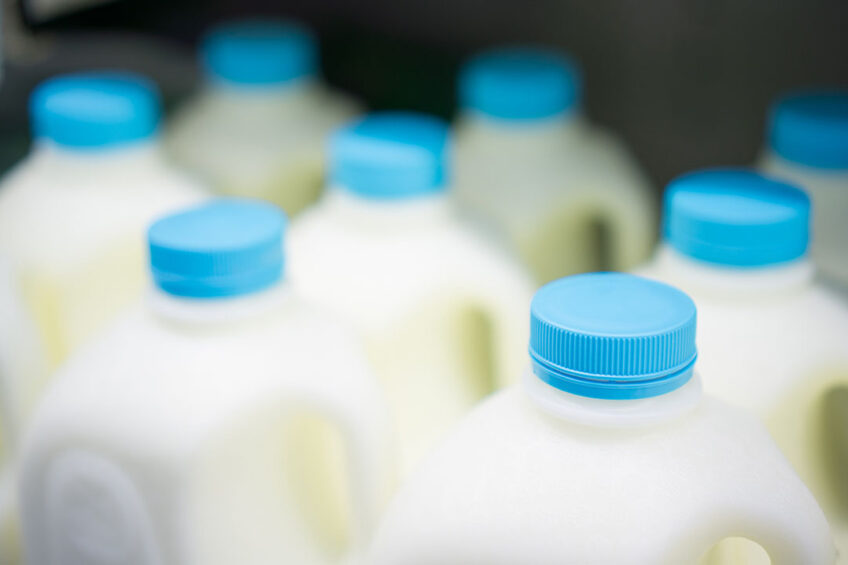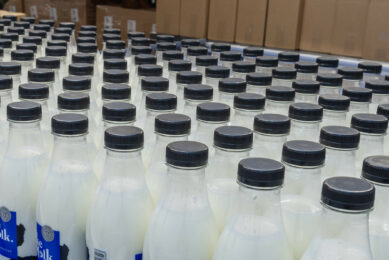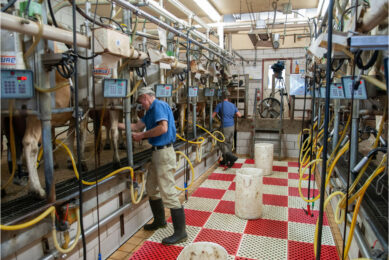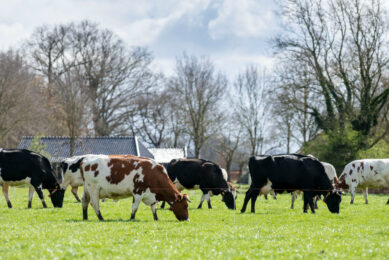Kazakhstan makes labelling of dairy products mandatory

In 2022, the Kazakh government plans to introduce mandatory labelling of all dairy products on the domestic market. The step is called to deal with the so-called shadow segment, which reportedly accounts for 13% of all dairy products on the grocery shelves.
The shadow segment is a big problem for the Kazakh dairy market, the Kazakh Agricultural Ministry said in a statement. This part of the industry does not pay taxes and manages to dodge both sanitary and veterinary control. The shadow segment’s actual size and structure remain mostly unknown, but it is believed that it is comprised of unregistered underground plants, as well as legal producers, who decide to avoid registering some part of their products to save money on VAT and income tax.

Order to be brought
“The 13% share means that every 8th dairy product in the country poses a potential threat to the health of customers,” the Ministry said, adding that the mandatory labelling is designed to bring order to the industry and protect legal businesses. Competition with the shadow segment is believed to hamper dairy producers in Kazakhstan during the past few years. For the same reasons, mandatory labelling has already been adopted in other countries of the Eurasia Union: Russia and Belarus, the Ministry added.
Full traceability
Under the proposed scheme, labelling will introduce the full traceability of dairy products. Every customer could obtain the entire information about the product by scanning a Data Matrix code on the package using a specially designed app Naqty Onim on a smartphone.
The Data Matrix code used to label dairy producers will also help to combat fraud in retail chains. Thanks to the better transparency, retailers would not be able to replace information about dairy products’ expiration dates. “A crypto-protection will make it impossible to fake the Data Matrix code,” the Ministry stressed.
Reimbursing costs
The mandatory labelling is expected to add 0.06% to 0.15% to production costs, the Ministry estimated. The government has recently rolled out plans to reimburse 50% of labelling-associated costs to dairy businesses.
The Russian union of dairy producers Soyuzmoloko earlier raised concerns that mandatory labelling incurs a heavy financial burden on producers. In Russia, the reform may reportedly cost up to Rub50 billion per year ($ 800 million). However, so far, Kazakh producers have not complained about the high costs of mandatory product labelling.
Join 13,000+ subscribers
Subscribe to our newsletter to stay updated about all the need-to-know content in the dairy sector, two times a week.










